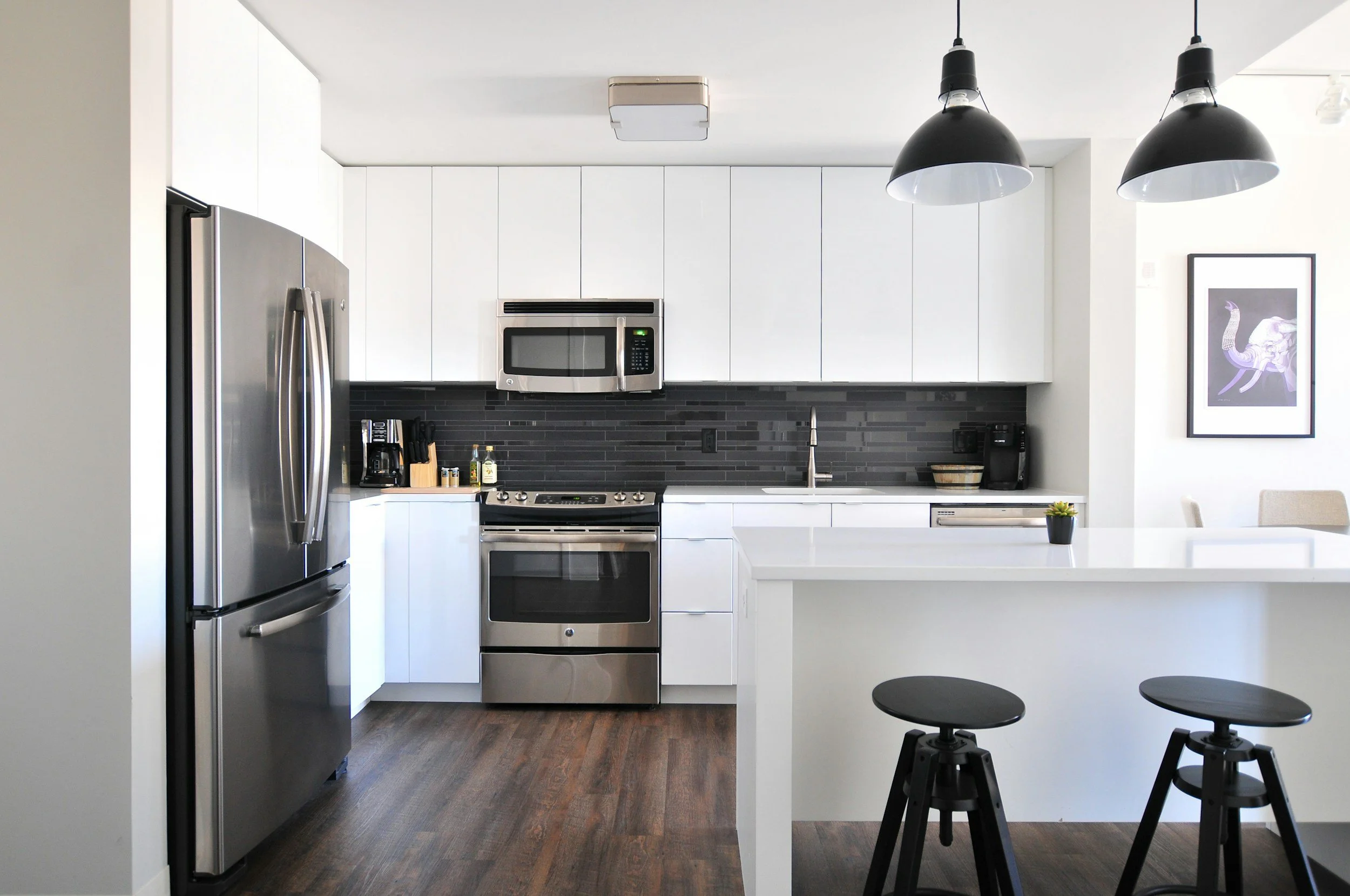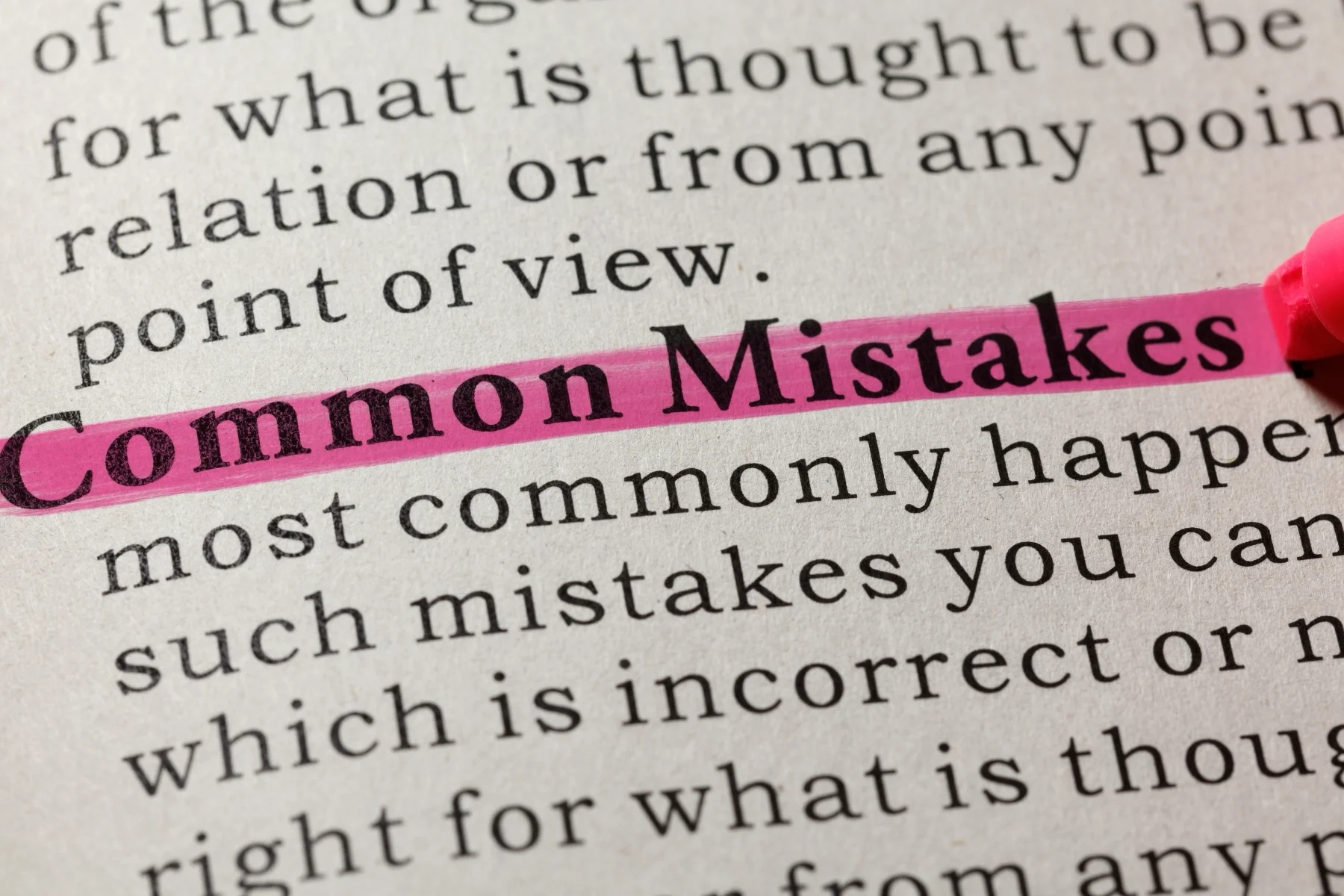
Buying a Home
Understanding the Home Buying Process
Pre-Approval vs. Pre-Qualification Pre-qualification gives you a rough estimate of what you might afford, while pre-approval involves a thorough financial review and gives you a committed loan amount. Always get pre-approved before house hunting - it shows sellers you're serious and helps you move quickly in competitive markets.
Down Payment Requirements Contrary to popular belief, you don't always need 20% down. FHA loans require as little as 3.5%, VA loans offer 0% down for veterans, and many conventional loans accept 3-5% down. However, putting down less than 20% typically means paying private mortgage insurance (PMI).
Hidden Costs of Home Buying Beyond the purchase price, budget for closing costs (2-5% of purchase price), home inspection ($300-600), appraisal ($400-600), moving expenses, immediate repairs, and utility setup fees. First-time buyers often underestimate these additional costs.
Financial Preparation
-
A credit score of 740+ gets you the best interest rates. Even a 20-point difference can cost thousands over the life of your loan. Check your credit report 6 months before buying and address any issues early.
-
Lenders prefer your total monthly debts (including the new mortgage) to be less than 36% of your gross monthly income. This includes car payments, student loans, credit cards, and other recurring debts.
-
Don't spend all your savings on the down payment. Keep 3-6 months of expenses in reserve for unexpected repairs, job loss, or other emergencies that often arise after buying a home.
Market Timing & Strategy
-
Inventory is typically highest in spring and summer, but you'll face more competition. Fall and winter often bring better deals but fewer choices. Local market conditions matter more than seasonal trends.
-
In addition to purchase price, you can negotiate closing costs, repair credits, included appliances, closing date flexibility, and contingency periods. Sometimes sellers prefer a higher offer with fewer contingencies over the highest price with many conditions.
-
From pre-approval to closing typically takes 30-45 days once you're under contract. However, finding the right home can take anywhere from a few weeks to several months, depending on your criteria and market conditions.
Common First-Time Buyer Mistakes
-
Fall in love with the neighborhood and the numbers first, then the specific house. Being too attached to one property weakens your negotiating position and can lead to overpaying.
-
Even in competitive markets, a professional inspection can save you thousands. It's better to lose a house to another buyer than to buy one with expensive hidden problems.
-
Property tax rates vary significantly even within the same city. A $300,000 home might have $3,000 in annual taxes in one area and $6,000 in another. This affects your monthly payment and long-term affordability.
Working with Real Estate Professionals
Why You Need a Buyer's Agent Buyer's agents are typically paid by the seller, so their services cost you nothing. They provide market knowledge, negotiation expertise, help with paperwork, and guide you through the complex process from start to finish.
Questions to Ask Your Agent How long have you been selling homes in this area? How many buyers have you represented this year? Can you provide references? What's your strategy for competitive markets?
Local Market Insights Understanding your specific market conditions - average days on market, price trends, inventory levels, and neighborhood growth patterns - is crucial for making informed decisions. A knowledgeable local agent can provide this data and help you time your purchase strategically.




